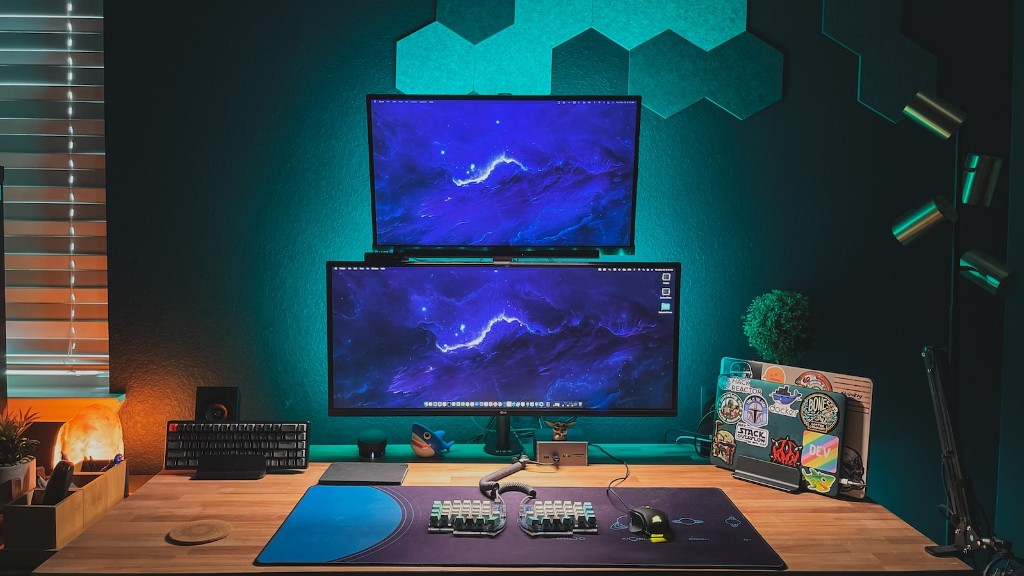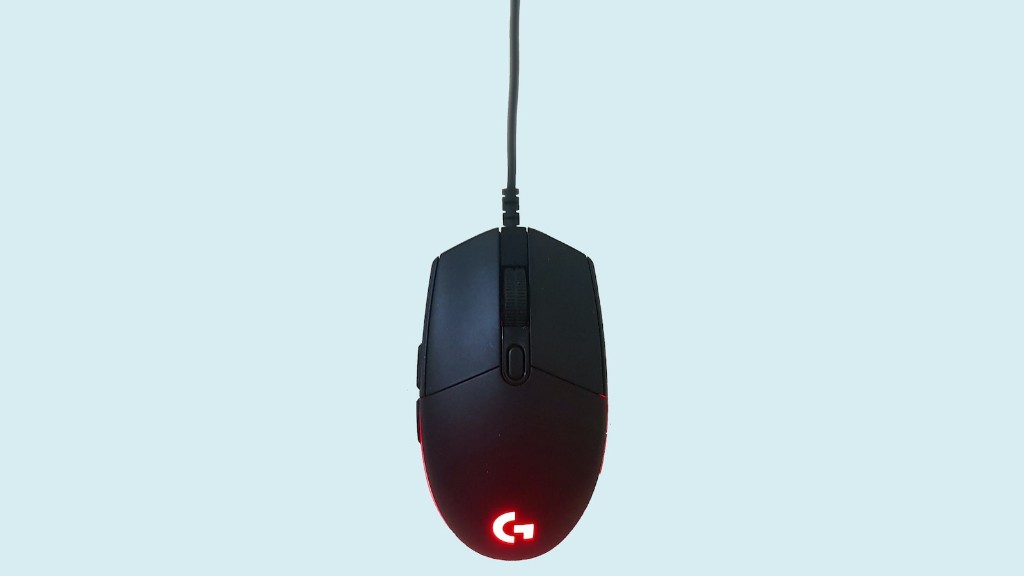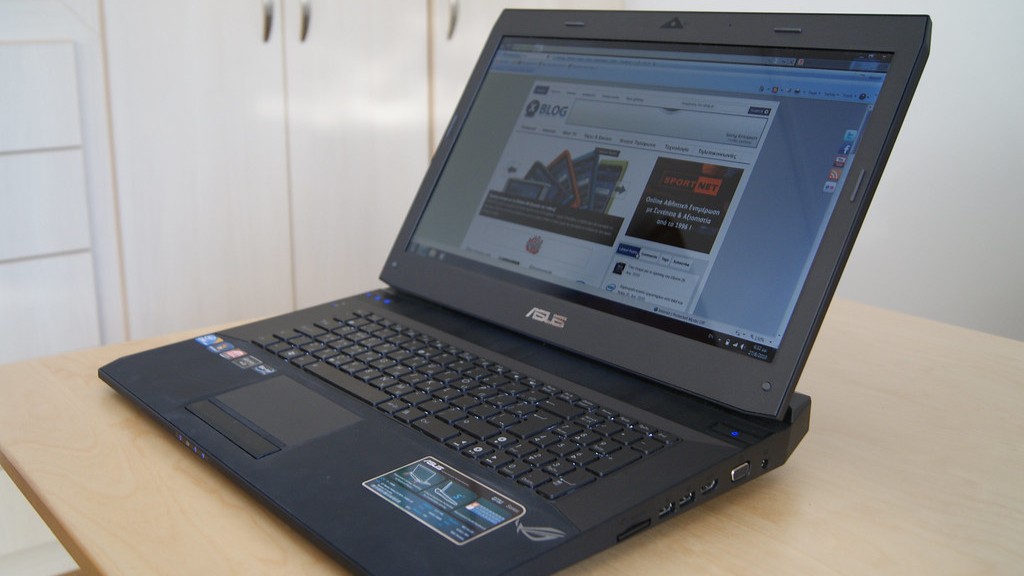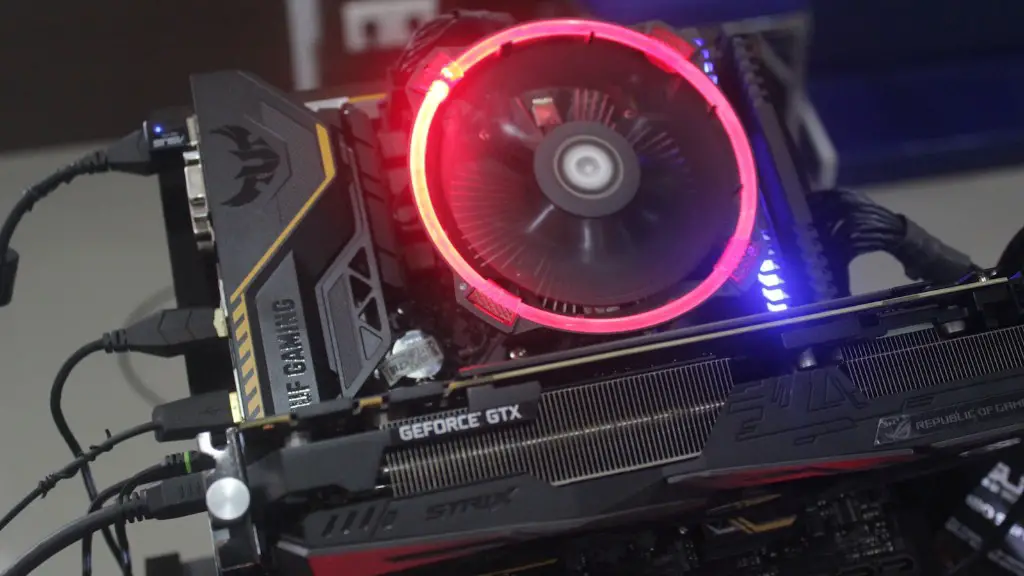A good power supply is an important part of any computer, and it is especially important for a gaming PC. A gaming PC needs a power supply that can provide enough power to run all of the components, and it also needs to be able to provide power when the system is under load. There are a few different things to consider when choosing a power supply for a gaming PC. The first is the wattage. The wattage is the amount of power that the power supply can provide. The higher the wattage, the more powerful the power supply. The second thing to consider is the efficiency. The efficiency of a power supply is how well it converts the AC power from the wall into DC power. The higher the efficiency, the less power is wasted. The last thing to consider is the size. The size of the power supply is important because it needs to fit into the case of the computer. There are different sizes of power supplies, and the size that you need will depend on the case of the computer.
The size of the power supply will differ depending on the type of gaming PC you have. If you have a desktop, you will need a bigger power supply than if you have a laptop.
Is a 500W power supply good for a gaming PC?
A 500W power supply should be plenty for most PCs, especially if you’re running an AMD Ryzen 7 or Intel Core i7 CPU with a single GPU. A modern 500W PSU from a reputable brand will provide ample stable power at full load.
The best power supply for your PC build is the one that provides the right amount of wattage to all components simultaneously. Manually calculating this requires that you multiply the total amps of all components by the total volts of all components. The result is the total watts that your PC build requires.
Can you have too big of a power supply for a gaming PC
This is a myth that is often perpetuated by people who don’t really understand how power supplies work. The truth is that a power supply will only provide the necessary wattage to a device, and no more. So, for example, a device that needs 50 watts will only get 50 watts from a 250 watt power supply. There is no danger of the power supply “forcing” too much power into the device and causing it to overheat or burn out.
If you’re planning on overclocking your CPU and GPU, then you’ll need a power supply that can handle the additional power draw. A good rule of thumb is to add about 50-100W to your power budget for an overclocked system. So, if your system will be pulling around 950W with an overclock, then you’ll want a power supply that can deliver at least 1050W.
Is 750W power supply enough for gaming PC?
Most computers will not need more than 750 watts, even for gaming. This is the maximum wattage that most computers can handle. If you have a gaming rig, you may need more than this, but for most people, 750 watts will be plenty.
Yes, for most average pc users, a 000W PSU is an overkill. Even a top tier gaming PC with something like an RTX 3080 and an i9 wouldn’t be drawing that much power. This means, even when the RTX 3080 is used, 1000 watts is still considered to be overkill. At the max, users use 850 watt.
How big of a power supply do I need for RTX 3080?
The RTX 3080 from NVIDIA is a powerful graphics card and requires a quality power supply unit (PSU) to run properly. EVGA’s SuperNOVA P2 is a great option, as it has 750W of power and is very efficient thanks to its 80 Plus Platinum certification.
The GeForce RTX 3090 GAMING X TRIO 24G and GeForce RTX 3090 VENTUS 3X 24G are both high-end graphics cards based on the NVIDIA Ampere architecture. The RTX 3090 GAMING X TRIO 24G has a slightly higher TDP of 370W, while the RTX 3090 VENTUS 3X 24G has a TDP of 350W. Both cards require a minimum of 750W of system power. The GeForce RTX 3080 GAMING X TRIO 10G has a TDP of 340W and requires a minimum of 750W of system power.
How do I know if my PC has enough power from an outlet
If you’re seeing randomly flashing dots or lines on your monitor, it’s likely that your computer isn’t getting enough power from the power supply unit. This can cause the CPU and graphics card to render screen displays inconsistently, which can be pretty annoying. If this is happening, you may need to upgrade your power supply unit to one that can provide more power.
One of the most common causes of a computer shutdown is an overheating issue. When the components in your computer get too hot, they can start to malfunction. In some cases, the computer will shut down completely to prevent damage. Other times, the system will simply stop working or function properly. If you notice that your computer is shutting down or having issues due to overheating, you’ll need to take action to fix the problem.
There are a few potential causes of overheating in a computer. One is that the fan or cooling system is not working properly. This can be due to a build-up of dust and debris, or a problem with the fan itself. Another possibility is that the motherboard, CPU, or memory is not functioning properly. This can be due to a hardware issue or a problem with the drivers or firmware. Finally, the power supply can draw too much current, causing components to heat up and burn out.
If you’re having overheating issues, you’ll need to troubleshoot the problem to find the root cause. Once you’ve identified the cause, you can take steps to fix it. In some cases, you may need to replace parts. In other cases, you may just need to clean the fan or
How many watts does a high end PC need?
Using a computer for 8 hours per day will use about 122 kilowatt-hours of electricity per month and 146 kilowatt-hours of electricity per year.
A PSU with a higher wattage rating can supply more power to your desktop computer. wattage ratings higher than 1800 watts would exceed the capabilities of a typical 15-ampere electrical outlet. If you have an enthusiast-class computer with multiple graphics cards or other power-hungry components, you may need a PSU with a higher wattage rating to ensure that your system has enough power.
Can 850W PSU handle RTX 3080
The RTX 3080 is a very powerful graphics card and will require a minimum of 750 watts power supply to run it properly. If you plan to overclock your RTX 3080 or run it at high settings, we recommend a power supply of 850 watts or higher.
Yeah, Nvidia itself recommends a 750W PSU as the flagship i9-10th gen demands 125W and the new RTX 3080 demands an insane 320W. This is definitely something to keep in mind if you’re looking to upgrade your graphics card!
Is 850W enough for a RTX 3090?
Nvidia’s GeForce RTX 3090 is the most powerful graphics card on the market, and it requires a correspondingly powerful power supply. The company recommends a minimum of 750 watts for a system with a mainstream Intel or AMD CPU, and 850 watts for a system with a high-end Intel or AMD CPU. If you’re using a Threadripper or other HEDT platform, you’ll need a 1000 watt power supply.
If you’re looking to buy an RTX 4090, Nvidia recommends that you get a power supply that can handle at least 850 watts. This will ensure that your graphics card has enough power to run smoothly.
Conclusion
A gaming PC will require a power supply that can provide at least 500 watts.
After doing some research, it seems that the average power consumption for a gaming PC is between 400 and 500 watts. Therefore, it is recommended to get a power supply that is at least 600 watts, so that you have some extra headroom.




